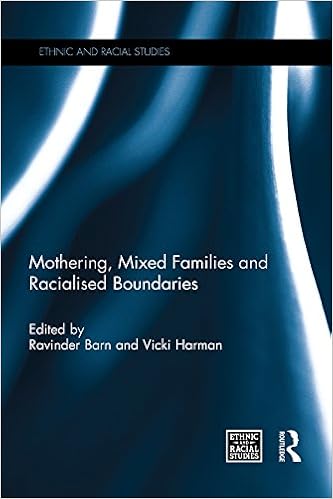Arguing That Black Is White: Racial Categorization of Mixed-Race FacesPosted in Articles, Identity Development/Psychology, Media Archive, Social Science, United Kingdom on 2016-01-06 02:54Z by Steven |
Arguing That Black Is White: Racial Categorization of Mixed-Race Faces
Perception
Published online before print: 2015-12-29
DOI: 10.1177/0301006615624321
Michael B. Lewis, Reader in Psychology
Cardiff University, Wales, United Kingdom
Previous research has demonstrated that racially ambiguous faces (blended from Black and White parent faces) are categorized as being Black more often than White. This has been taken as support for social concept of hypodescent: mixed-race people are categorized with the same race as the socially subordinate parent. The current research explores racial categorization further by using two sets of participants: those with greater experience of White faces and those with greater experience of Black faces. It was found that mixed-race faces were categorized as being Black more often than White by the former but White more often than Black by the latter group. Racial categorization of a mixed-race face, therefore, depends upon who is doing the categorizing. A face that may be argued as appearing racially Black to one person would be argued as appearing racially White to another depending on their experience.
Read or purchase the article here.



